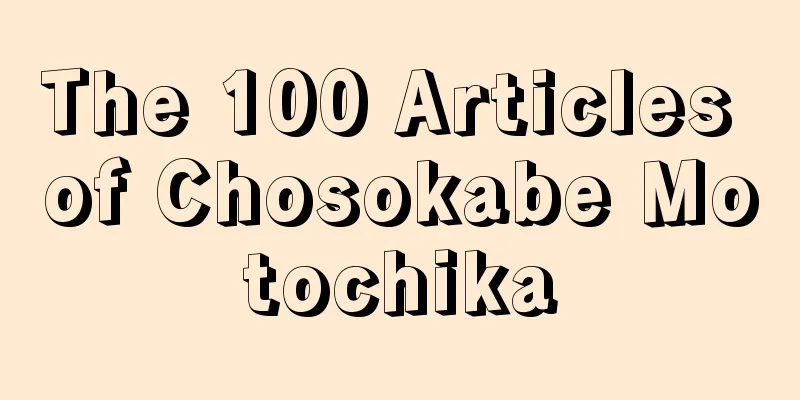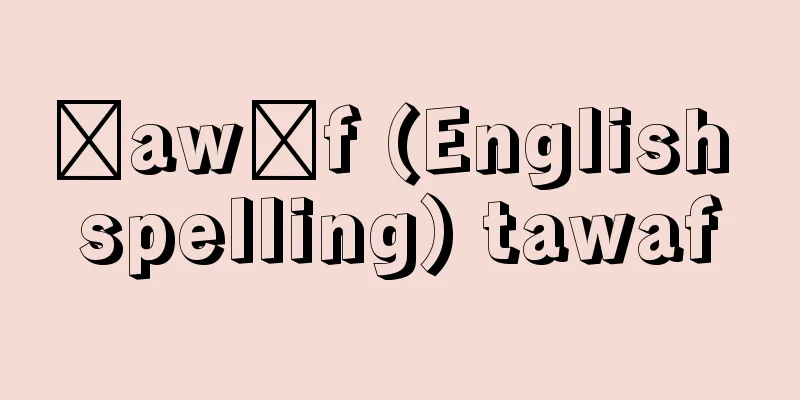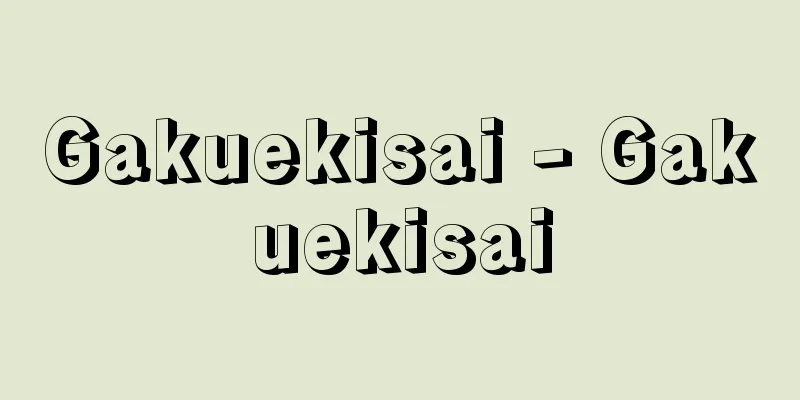The 100 Articles of Chosokabe Motochika

|
The main law of the Tosa Chosokabe clan during the Azuchi-Momoyama period. Many of the titles include "Chosokabe Laws." The dates of enactment are November 15, 1596 (Bunroku 5) and March 24, 1597 (Keicho 2). The father and son Motochika and Morichika were the core of the discussion, and the members of the clan, including Motochika's younger brother Chikayasu and his third son Chikatada, the three elder retainers of Hisatake, Kuwana, and Nakanouchi, Emura, Kuniyoshi, Baba, and senior retainers such as Tani Chubei and Sohiyu, who participated in the diplomatic negotiations, participated in the discussion, and a final draft was reached after discussion. It was completed by November 1596, and was enacted and issued on March 24 of the following year at Urado Castle. This was probably because they were considering dispatching troops to Korea. The contents of the law cover a wide range of subjects, including social status, property, government positions, lawsuits, criminal matters, law enforcement, transportation, military affairs, and education, and it is a law that combines the characteristics of a national law and a family law, stipulating that the public order and public interest take precedence for both samurai and commoners. Included in the first volume of the "Japanese Economic Encyclopedia." [Yamamoto Dai] "A Study of the Chosokabe Code by Kazuo Inoue (1955, Kochi City Library)" ▽ "The Tosa Chosokabe Clan by Dai Yamamoto (1974, Shinjinbutsu Oraisha)" Source: Shogakukan Encyclopedia Nipponica About Encyclopedia Nipponica Information | Legend |
|
安土(あづち)桃山時代、土佐長宗我部氏の代表法令。「長宗我部掟書(おきてがき)」ほか標題が多い。制定年次も1596年(文禄5)11月15日、97年(慶長2)3月24日となっている。元親・盛親(もりちか)父子が中心となり、元親の弟の親泰(ちかやす)、三男親忠(ちかただ)をはじめ、久武・桑名(くわな)・中ノ内の三家老、江村・国吉・馬場らの一門のほか、外交交渉にもあたり帷幄(いあく)に参じた谷忠兵衛・僧非有(ひゆう)らの重臣も参加して検討し、合議の結果成案を得たのであろう。そして96年11月までに完成され翌年3月24日に浦戸(うらど)城内において制定発布されたとみられる。おそらく朝鮮出兵を考えたためであろう。内容は、身分、財産、官職、訴訟、刑事、取締、交通、軍事、文教など各般にわたっており、武士・庶民も含め、公儀・公益を優先することを規定した領国法と家法の性格をあわせもった法令である。『日本経済大典』第一巻所収。 [山本 大] 『井上和夫著『長宗我部掟書の研究』(1955・高知市民図書館)』▽『山本大著『土佐長宗我部氏』(1974・新人物往来社)』 出典 小学館 日本大百科全書(ニッポニカ)日本大百科全書(ニッポニカ)について 情報 | 凡例 |
<<: Morichika Chosokabe - Morichika Chosokabe
Recommend
Pressed - King
〘noun〙① A document that was forced to be written b...
Lippi, Fra Filippo
Born: 1406. Florence [Died] October 8/10, 1469. Sp...
Vijayapuri (English spelling)
...The dynasty was probably from this region, but...
Athena
A Greek goddess, her Latin name Minerva. She was t...
El'kan beienin (English spelling)
...Negidar is a self-proclaimed name meaning &quo...
Gustave Courbet
French realist painter. Born on June 10th to a we...
Your strength - Your strength
...It is propagated by division, cuttings, and se...
Saca, Antonio
Born March 9, 1965. Usulutan. Salvadoran politicia...
Nokishinobu - Nokishinobu
An evergreen fern of the Polypodiaceae family. Al...
Seppuku - Seppuku
A method of suicide by cutting one's stomach ...
Zhang Yi
A Chinese politician and lobbier during the Warri...
Turmeric dyeing - Turmeric dyeing
…It is thought to have been brought from ancient ...
Cardoso, M.
…The main composers of the 16th century were the ...
Ogi Port
A port in Niigata Prefecture. Located at the south...
UNEP - UNEP
(United Nations Environment Program) Abbreviation ...









